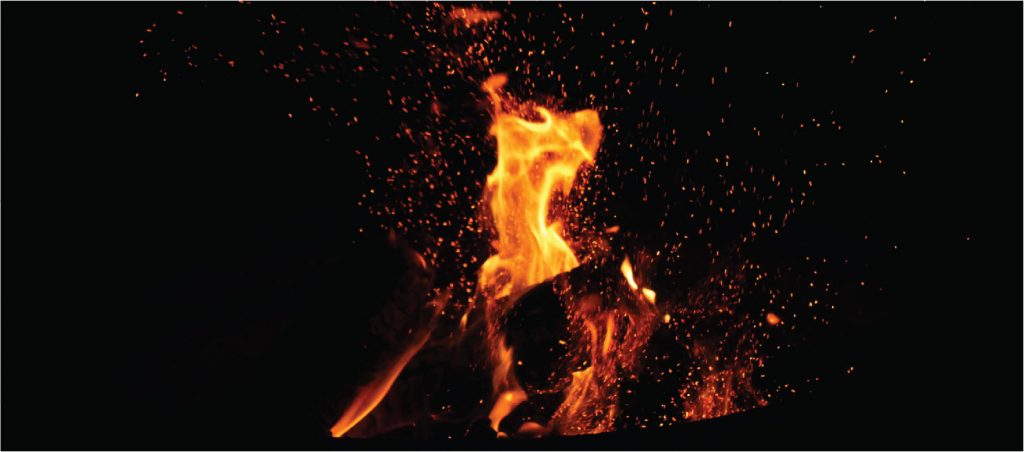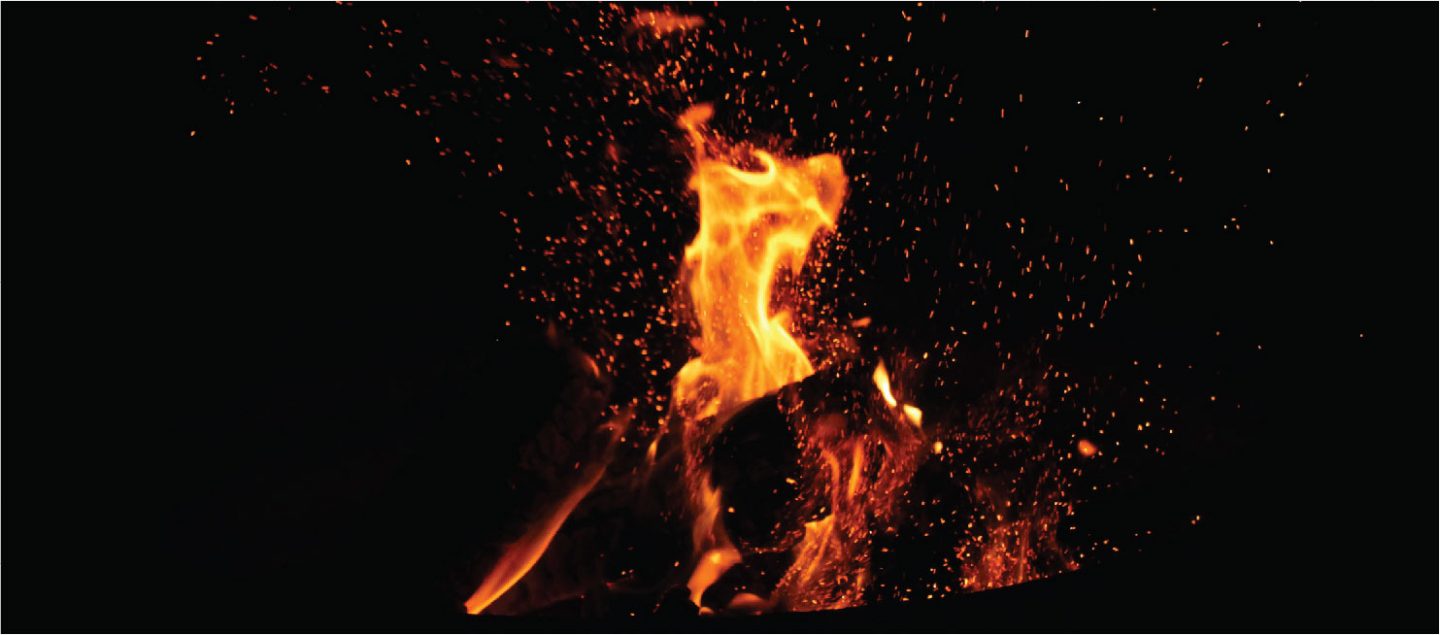
Soviet hazardous waste experts spent an estimated $2 billion on the cleanup and threw everything from converted moon rovers to radio-controlled bulldozers at the demolished reactor. But innovation after innovation succumbed to radiation, moisture, and debris. Faced with a ruin that was still emitting 1,000 rads of radiation an hour, the Soviets resorted to manpower. –The Scientist, January 20th, 1990
What does liquid have to do with it? It’s from the Latin,
but recent history and Russian’s forgivable lack
of the letter Q require us to use it in the sense of “eliminate”
“reduce unto nothing,” “from thing to stuff,”
and we aren’t watching this Chernobyl documentary anyway,
just combining this evening’s argument with its flirtation;
so as we debate our transcripts from today,
like TV politicians, worrying some ill-spoken sentiments
down till they acquire the acuity of law,
my hand moves from the couch to your waist to your hair
like a bright student enthusiastically circling
each instance of “like” or “as” in an unfamiliar stanza.
“I remain unmoved by this supposed poetisim of yours,” you say,
in Russian. “All you ever do is pretend to mix things up.
I could do that. A bunch of big wigs are gobbling their state dinner
off plates with some historical figure’s face on them, but
all of sudden their knives are clicking on his cheeks and jowls.
There. I have made one of your poems. All you do
is get hung up on words. Why do you always do that?”
The technicians called Reactor Four “Masha”
affectionately, explains the calm Soviet narrator.
Translation requires that you make certain assumptions
about the gravity of the original.
Why call it “carrying across?” You just make it molten,
then you let it cool, confident that a mold will be waiting,
black and suckling; since things never fail to fall,
dear viewer, it follows we can infer a heavy iron core,
some fossilized urn, some mixed metaphor
that every sense swings around and comes back into daylight,
sober and lukewarm. But even as we give up, and stand up,
and go off to bed with no winner, the helpful narrator
keeps talking popular physics—how after Masha misspoke,
the clever types deployed a West German robot,
but her breath uncharted its delicate brains,
so men were made to climb the ladder in lead suits,
and run with shovels to shift the heavy, melted things.
T
The Liquidators





